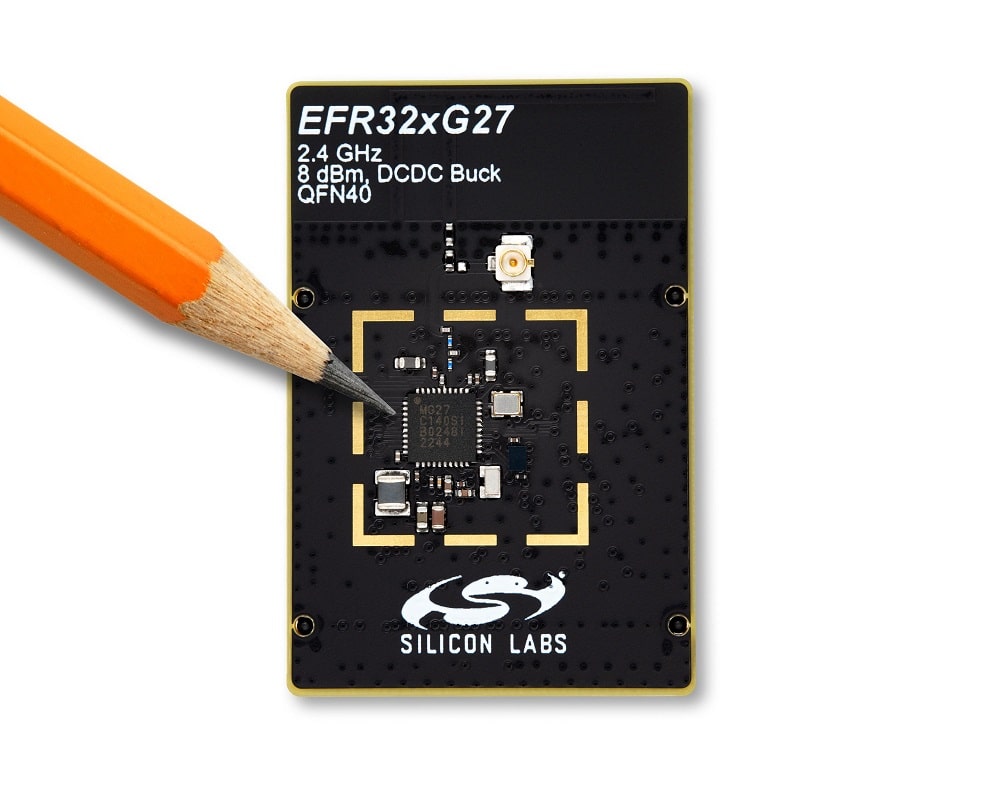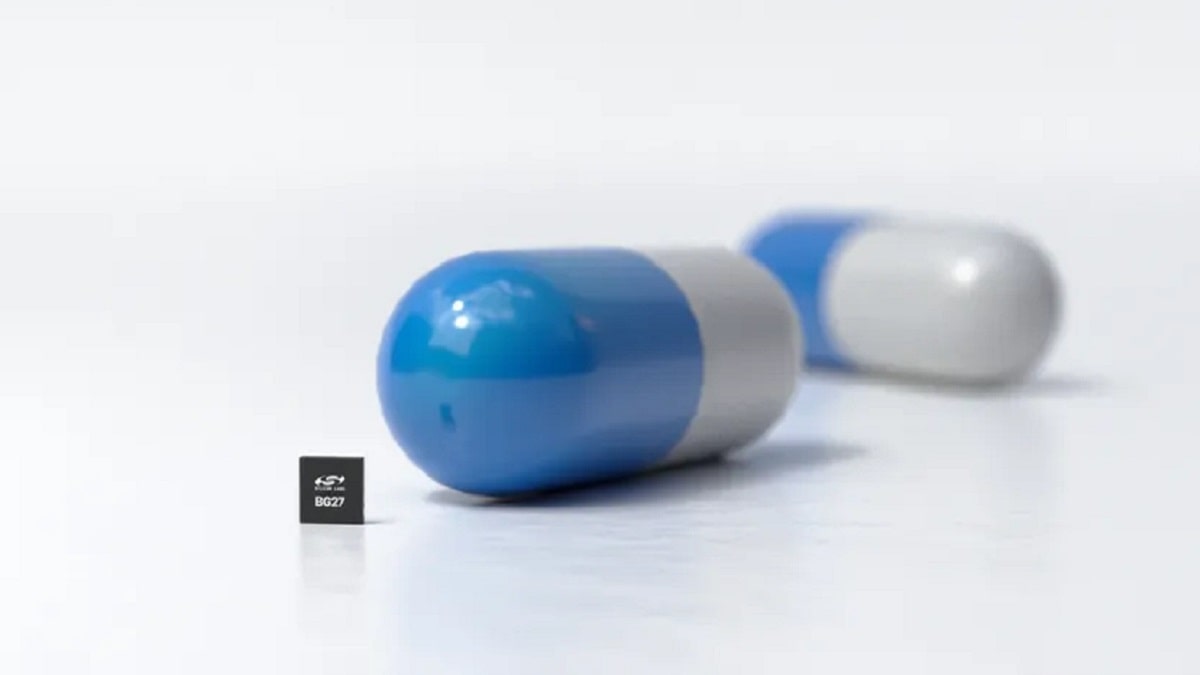Silicon Labs engineers are facing a complicated challenge: making a chip small enough to fit comfortably on a tooth, to make it smart. The objective is to analyze the saliva of the individual with the implant to catch the first signs of diseases or pathologies of a different nature in advance. To then connect via Bluetooth to the smartphone – and thus to the internet. And this is not a theoretical experiment: the company is preparing for mass production.
Miniature chip for the first “smart tooth”
Wearable device manufacturers are constantly faced with the challenge of miniaturize technology. Downsizing is important in improving fit, however, usually at the expense of battery life. We see it in smart watches, lately more and more in smart glasses and visors.
However, Silicon Labs has developed a new chipset called xG27, which is small and energy efficient enough to generate innovative ideas in the medical technology space, such as a saliva reader mounted on a tooth.
Technology as big as a pencil point
The xG27 SoC family consists of two versions: BG27 is MG27both built around the processor ARM Cortex M33. While the BG27 focuses on the Bluetooththe MG27 supports Zigbee and other protocols. The sizes of xG27 chips vary from 2 mm square to 5 mm squarei, which is approximately the width of the tip of a No. 1 pencil. 2 (HB) to the width of the pencil itself.

Despite isn’t the world’s smallest Bluetooth chip, the Silicon Labs spokesperson said the difference in size is only “fractions of a millimeter.” It’s not a record perhaps, but it’s almost ready for commercialization.
Ready to trade
The BG27 is currently being used for the development of an actual product, a tooth-mounted wearable sensor called “salivary diagnostic sensor” manufactured by Lura Health, a medical device manufacturer. The sensor, small enough to be bonded to a molar or placed within a “smart retainer”, allows you to continuously monitor a patient’s saliva. And it potentially could test over 1,000 health conditions, thus providing greater assistance to dentists and doctors.
Silicon Labs claims its chips can also be used for medical patches, continuous glucose monitor and wearable ECG. This is possible because the chips can operate as low as 0.8 volts and can switch to a “shelf mode”. reduces energy consumption during transportation and when they are placed on the shelves. These features are of particular interest in clinical settings, where energy consumption must be kept under control.
While it’s not the first time a company has launched this kind of futuristic health technology, Lura Health has just completed clinical trials for the sensor with UConn Orthodontics. And it is preparing to undergo the FDA regulatory process. Hopefully, the product it could hit the market in 12-18 months.
A wearable that may not have the appeal of an Apple Watch, but that can keep us healthy. Standing inside our mouth.















Leave a Reply
View Comments